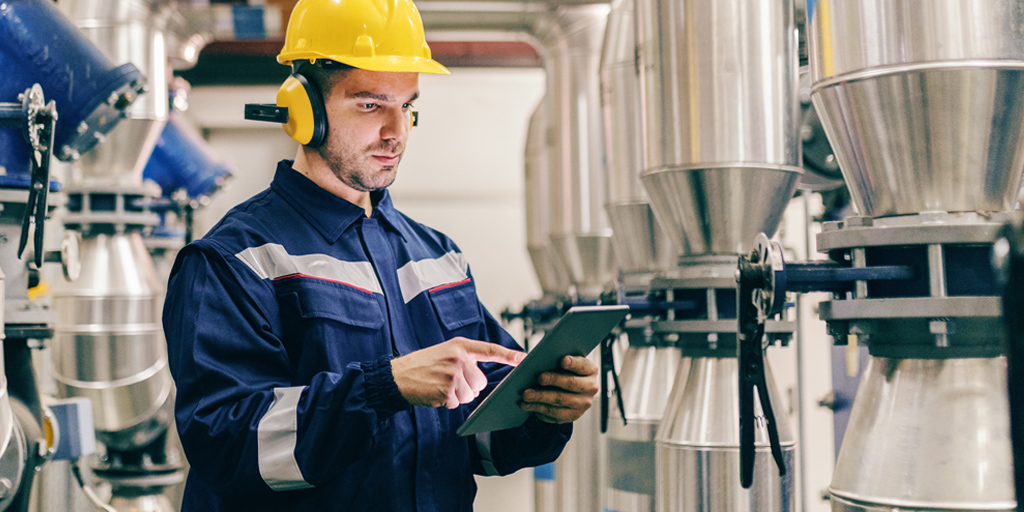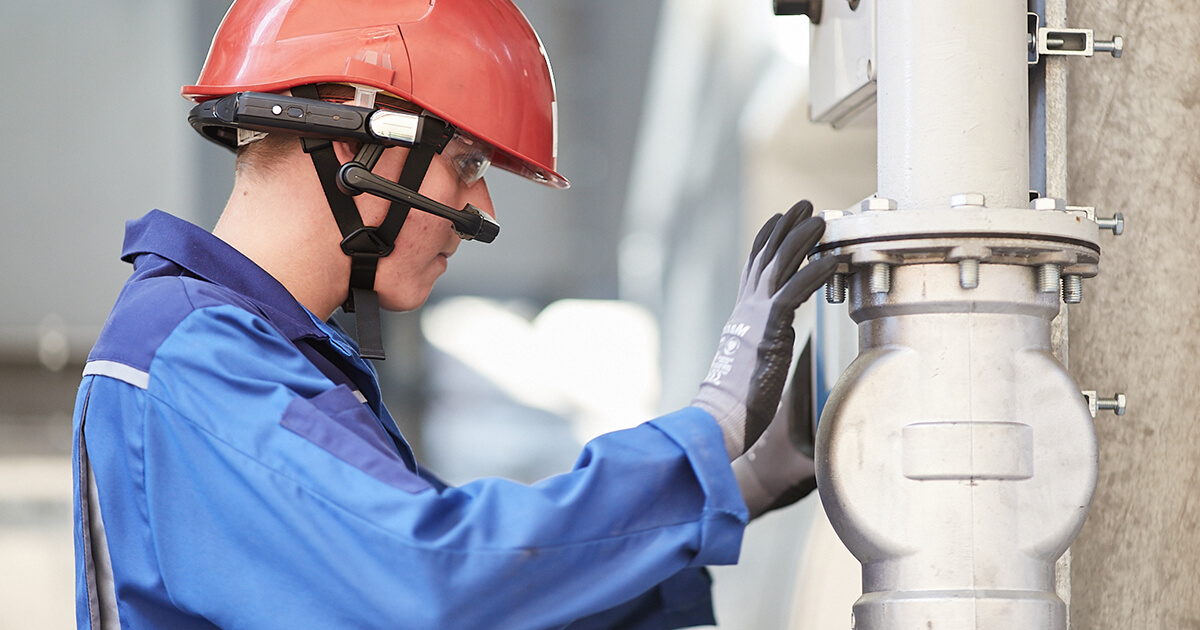The global pandemic has changed the way we work – and has highlighted what manufacturers, industry analysts, and the new industrial worker have been saying for the last few years – the growing digital divide in the manufacturing sector, and its impact on the underserved frontline worker. Despite increased focus on digitization efforts, many well-intentioned digital transformation efforts from company leaders fail to include their frontline workforce in the equation, who are an integral part of the process. As they are typically disconnected from the business at large, they continue to be disconnected from their company’s continued digital transformation.
In this webinar, hear from LNS Research and Augmentir as they discuss:
- How Connected Worker initiatives are becoming central to digital transformation strategies
- How connected worker solutions that utilize technology such as mobile and wearable devices, augmented and mixed reality (AR/MR), and artificial intelligence (AI) are helping to empower the frontline workforce of the future
- How AI and advanced analytics help manufacturers gain a deeper, 360° understanding of their workforce that allows them to intelligently guide and optimize any training or instructional content that is offered to workers.
This webinar is hosted in partnership with SME and Russ Fadel, Co-Founder and CEO of Augmentir.
Russ Fadel, CEO & Co-Founder, Augmentir
Russ Fadel is a serial entrepreneur and the CEO and Co-Founder of Augmentir. Prior to founding Augmentir, Russ founded 4 successful companies in the industrial software sector, including the two most recent – ThingWorx, the leading Industrial IoT (IIoT) platform company (acquired by PTC), and Lighthammer, the pioneer in enterprise manufacturing intelligence software (acquired by SAP). Russ has been intimately involved in the last three software revolutions around humans and machines in manufacturing and service. Augmentir is a continuation of this theme.
Peter Bussey, Research Analyst, LNS Research
Peter Bussey is a Research Analyst with LNS Research. His research focuses on the Connected Frontline Workforce; environment, health and safety (EHS) management, and operational sustainability, and their role in Industrial Transformation. Pete has over 35 years of experience in delivering business solutions in the manufacturing, consulting, and technology sectors. He’s held key positions at global companies such as SAP, Alcoa, Arthur D. Little, and Oracle. Pete earned a Master of Science in Environmental Health from Harvard University, a Master of Public Management with distinction from Carnegie Mellon University, and a BS in natural sciences with departmental honors from Johns Hopkins University.






